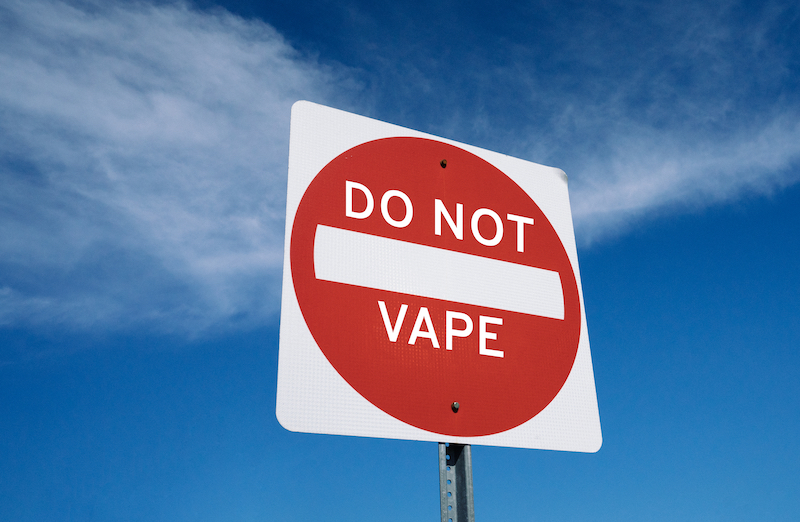Plus: Add erectile dysfunction to the list of vaping risks, and staggering amounts of meth and fentanyl are seized at the U.S. border
By William Wagner
Ridesharing services like Uber and Lyft offer more than convenience. Apparently, they’ve also made the roads safer from drunk driving.
Of further interest to us this week: a potential link between e-cigarettes and erectile dysfunction, and a massive fentanyl and meth bust in San Diego.
From the Journal of Studies on Alcohol and Drugs:
The Safety Benefits of Ridesharing
With ridesharing services such as Uber and Lyft, it’s easier than ever to avoid driving drunk. And academics from Columbia University’s Mailman School of Public Health have the research to prove it. They created a formula to analyze rideshare data in Chicago from 2018 and 2019, and concluded that the Ubers and Lyfts of the world are indeed producing a reduction in alcohol-related crashes.
We found the density of active rideshare trips near a crash site was associated with decreased odds that the crash was alcohol-involved.”
—Christopher Morrison, Columbia University
In a news release, one of the study’s authors, Christopher Morrison, PhD, said, “We found the density of active rideshare trips near a crash site was associated with decreased odds that the crash was alcohol-involved. These results are consistent with the suggestion that ridesharing replaces impaired-driver trips.”
Since more than one-third of all fatal motor vehicle crashes involve alcohol, the study offers hope for a safer future, at least where transportation is concerned. As the authors write, “Alcohol-involved motor vehicle crashes have considerable human and economic costs in the United States. Ridesharing has emerged over the last decade as technology with the potential to reduce this impact.”
From the American Journal of Preventive Medicine:
A Link Between Vaping and Erectile Dysfunction
Study after study is revealing the negative effects of e-cigarettes. Here’s a new one that you might not have seen coming: Men between the ages of 20 and 65 who vape daily are 2.4 times more likely to suffer from erectile dysfunction (ED) than those who have never used electronic nicotine delivery systems (ENDS). The news is brought to us by Johns Hopkins University and New York University researchers, who tapped into data from the Population Assessment of Tobacco and Health (PATH) Study.
“Abundant evidence suggests that nicotine prevents vasodilatation of blood vessels and reduces blood flow, which impairs normal erectile function and negatively affects male sexual performance,” the study states. “Another plausible mechanism for ENDS association with ED is that exposure to ENDS refill liquids with or without nicotine reduces circulating testosterone levels.”
From the U.S. Attorney’s Office:
Massive Meth, Fentanyl Seizures in San Diego
It’s a story for our times. Last month at the Otay Mesa Port of Entry in San Diego, a man at the wheel of a tractor-trailer was busted smuggling 17,500 pounds of meth and 389 pounds of fentanyl from Mexico into the U.S. It was the highest amount of each drug to be swept up in a single U.S. seizure for both 2020 and 2021, according to the U.S. Attorney’s Office.
The bust comes as the overdose crisis spins further out of control. The Centers for Disease Control and Prevention (CDC) announced in November that there were more than 100,000 overdose deaths for the first time ever in a 12-month period, from March 2020 to April 2021, fueled in large part by fentanyl. Meanwhile, it was recently reported that meth ODs tripled from 2015 to 2019. Said Acting U.S. Attorney Randy Grossman of the San Diego bust in a statement, “This is a staggering seizure that demonstrates the extent of our current fight against mass production of methamphetamine and fentanyl.”
Photo: Thought Catalog














